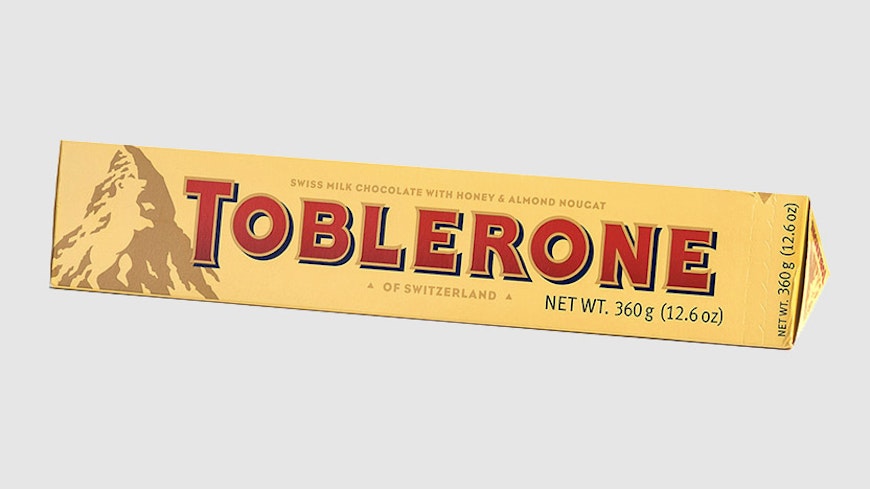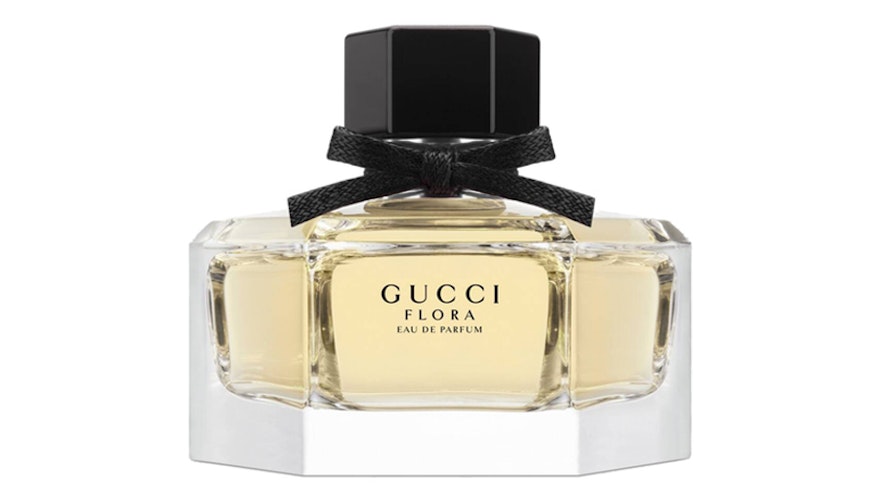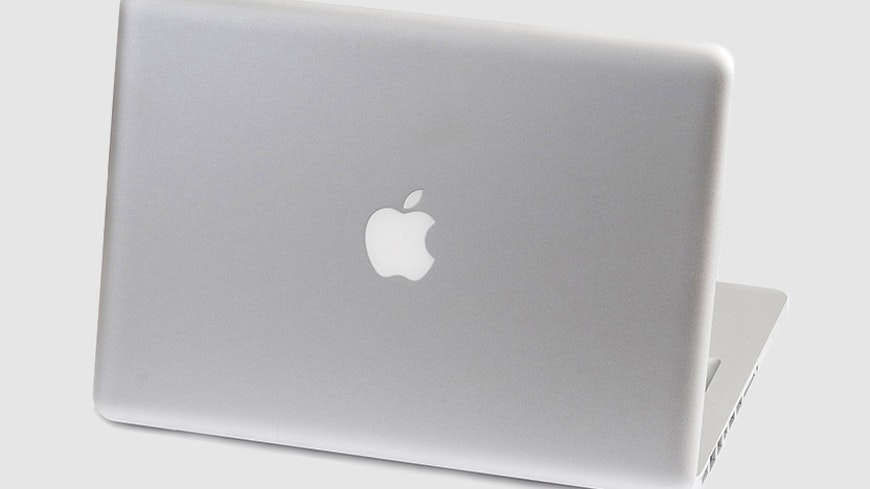
By Olivia Wannan
Former Investigative Writer | Kaituhi Mātoro
Picking up a few bottles of duty-free wine or perfume at the airport is a ritual for many overseas travellers. But is it possible to find a better deal at your local shops and supermarkets?
We took advertised prices for 40 items, from chocolates to high-end electronics, from the websites of three duty-free retailers and compared them with online prices from supermarkets, department stores and other major retailers (all of which paid relevant import duty and GST).
Confectionery

A Toblerone Gold bar cost $16.50 at duty free and $8.00 at Kmart.
Unless your goal is using up the last few foreign dollars from your trip, there’s not much value in buying confectionery at duty-free stores. Chocolate products can cost several times the price your local supermarket or big box retailer charges.
The latter stores had better prices for each of the nine chocolate items in our survey. You could save yourself nearly half the sticker price by forgoing a 750g pack of UK-made Quality Street chocolate at the airport and picking up a few smaller packs from The Warehouse.
Duty-free outlets were also hawking New Zealand-made chocolate, such as Whittaker’s, which isn’t subject to import duty. Whittaker’s Hawke’s Bay Black Doris Plum and Roasted Almond chocolate blocks cost $6.50 at The Loop Duty Free. You could pick up the same block from a nearby supermarket for $3.70.
Cosmetics and fragrances
Many cosmetics and fragrances in our survey could be found for a comparative – or better – price at standard shops.
In our price check, six of 12 duty-free products were comparatively priced or better value at other retailers. You'd also save less than $1 buying Elizabeth Arden Flawless Future Caplet Serum duty-free.

One big box retailer undercut the duty-free price of Gucci Flora perfume by $14.
One duty-free store offered Gucci Flora Eau De Toilette for $106. However, the product was selling at the Chemist Warehouse for just $91.99.
Kiwi online retailer Pharmacy Direct beat the duty-free price of Lancome Mousse Eclat Self-Foaming Cleanser, even with delivery included.
But if the big box retailers don’t carry a particular skincare product or fragrance, there were decent savings to be found at the airport. Duty-free, a tub of Shiseido Benefiance NutriPerfect Day Cream saved at least $13 on the day of our trial.
If you’ve got a particular product in mind, it’s worth doing an internet search to see which price really constitutes a bargain, before heading to the airport.
Making allowances
Alcohol: 4.5L of wine or beer. In addition, 3 bottles of spirits or liqueur (totalling up to 1.125L)
Cigarettes and tobacco: 50 cigarettes or 50g of tobacco
Personal items: Goods to the value of $700.
This $700 personal items limit hasn’t changed since 1990. Back then travellers could import the equivalent of goods worth $1233 in today’s prices without paying duty.
Electronics
Three of the nine electrical products we price-checked cost more at duty-free stores.
The $898 duty-free price of the GoPro Fusion camera was roughly $200 more than you’d pay at one electronics store.

Our survey found the latest Apple products were often cheaper at duty-free retailers.
An in-store special on a Fitbit Ionic meant Harvey Norman undercut duty-free retailers on the day of our survey.
The best duty-free deals involved products where there was little price competition.
The main example is Apple. The tech giant’s policies ensure most retailers sell iPads and MacBooks for similar prices, but the removing of duty at the airport means you will pay significantly less. You could save $110 buying a seventh generation iPad at a duty-free store.
Be aware of the New Zealand Custom Service’s $700 personal items limit when you’re buying electronics and other big-ticket goods. If you fork out over $2900 for a MacBook at a duty-free store on your way home, you could face a $430 bill.
Before you hit the tarmac in search of electronics or accessories, be sure to check online.
Alcohol
If you’re stocking up the booze cabinet, savings will depend on your choice of tipple. Of the 10 items in our price survey, wine was cheaper or comparatively priced at supermarkets or liquor stores, while duty-free shops offered savings on certain spirits.

Cocktail connoisseurs will find some of the best savings at the airport.
You’d pay $6 more to buy a bottle of Wither Hills sauvignon blanc at a duty-free branch than you would at New World, where it cost $11.99.
Even the pricier bottles of plonk were on par with standard retail prices. We found Mt Difficulty Pinot Noir for $39.99 both duty-free and at Glengarry Wine.
Cocktail connoisseurs will find some of the best savings at the airport, with many spirits cheaper here than at your local liquor store.
Considering excise duty and GST often add up to half the price of a bottle of vodka, gin or whiskey, it can be less of a bargain than you might expect.
A 1L bottle of Jack Daniels whiskey sold duty-free avoided $22 of alcohol duty and levies, but buying it at the airport for $46.90 saves you just $3 compared with buying it on special at Big Barrel.
We found liqueurs such as Midori offered the best booze bargains, pre- or post-flight, with significant savings to be found at the airport compared with standard retailers’ prices.
Online shopping
If you’re organised, you can make significant savings using duty-free retailers’ websites. Some retailers, such as Lotte Duty Free at Auckland Airport, require you to purchase your products online and only operate collection counters at certain airports.
At the time of our trial, Lotte Duty Free gave web customers 15% off when they purchased two items, 20% for three and 25% for four or more items. It also promises to beat any advertised price.
However, you won’t always get a full selection of products on the retailers’ websites.
Prices compared
Want to read the full article?
Thousands of expert product/service reviews
Personal support through our Consumer Rights Advice Line
Premium articles and in-depth buying advice
Add a Consumer magazine for even more exclusive content
Fair trading rules
Following our 2017 price survey of duty-free goods, we asked the commission to investigate the industry’s inflated confectionery pricing. Consumers are likely to assume they’re getting a bargain because these products are sold at a duty-free store. But our survey found no savings and we think shoppers are likely to be misled about what they’re paying, a potential breach of the Fair Trading Act.
Disappointingly, the commission declined to take action.
We also think duty-free stores should flag products they sell that aren’t subject to duty. We saw nothing prominent bringing this to customers’ attention on the stores’ websites.
In Aelia Duty Free’s frequently asked questions, there’s a note explaining goods made in New Zealand do not attract import duty, but we don’t believe this is clear enough – there’s nothing on the descriptions of the products themselves.
The Loop Duty Free says it regularly assesses its prices against those of other retailers and believes it fully complies with fair trading laws.
Lotte Duty Free’s Oceania chief executive Stephen Timms said the company offers a best-price guarantee – its stores will beat an advertised price by five percent.
“From time to time, retailers may run a short-term promotion bringing their prices closer to ours. [H]owever, on an ongoing basis, you can expect to see our pricing – particularly in liquor and beauty – to be cheaper,” he said.
As well as the Fair Trading Act, duty-free retailers must comply with the Consumer Guarantees Act. If the product you buy is damaged or doesn’t match the description, the store must replace it or give you a refund, even if you didn’t notice until you’d passed through Customs.